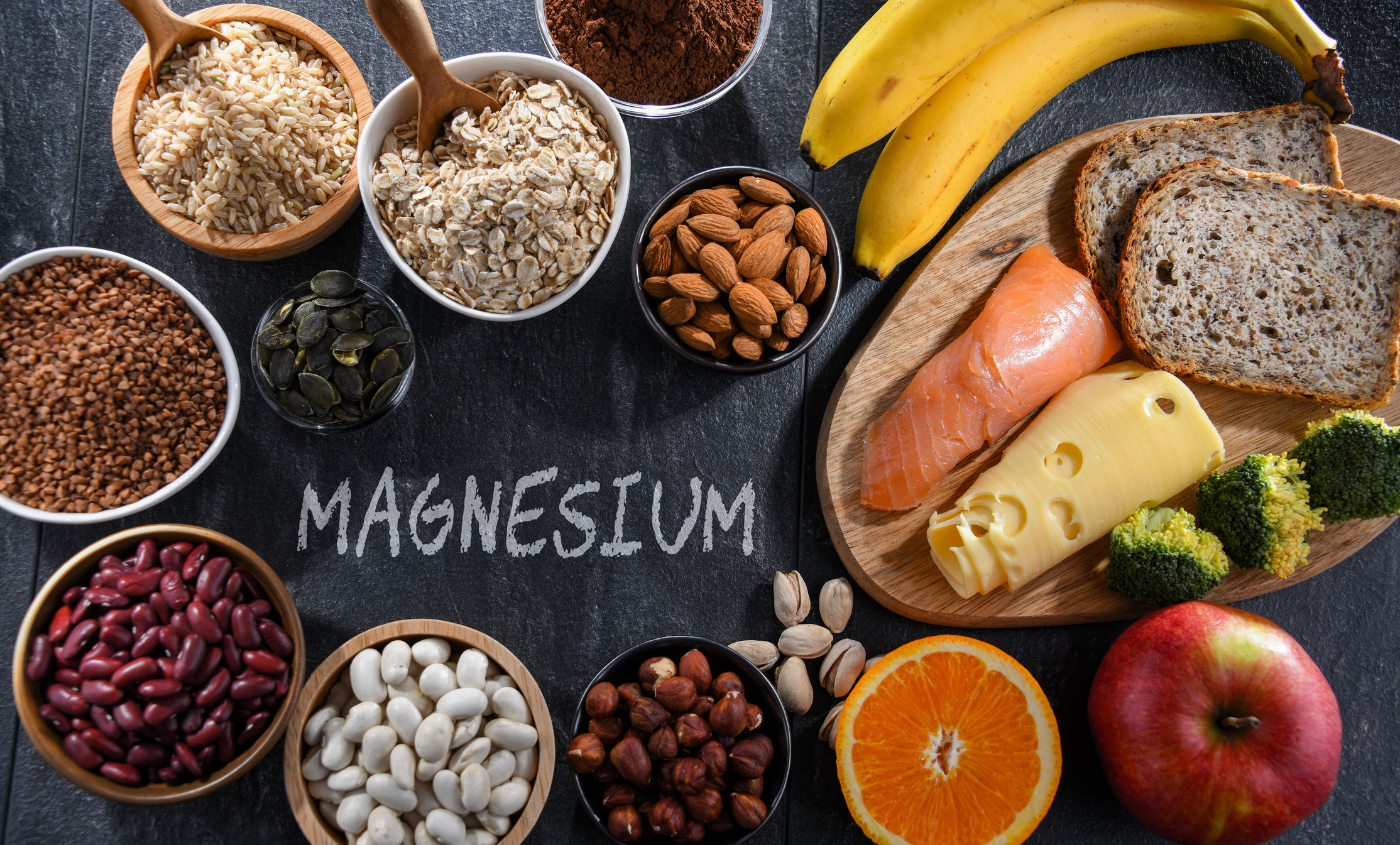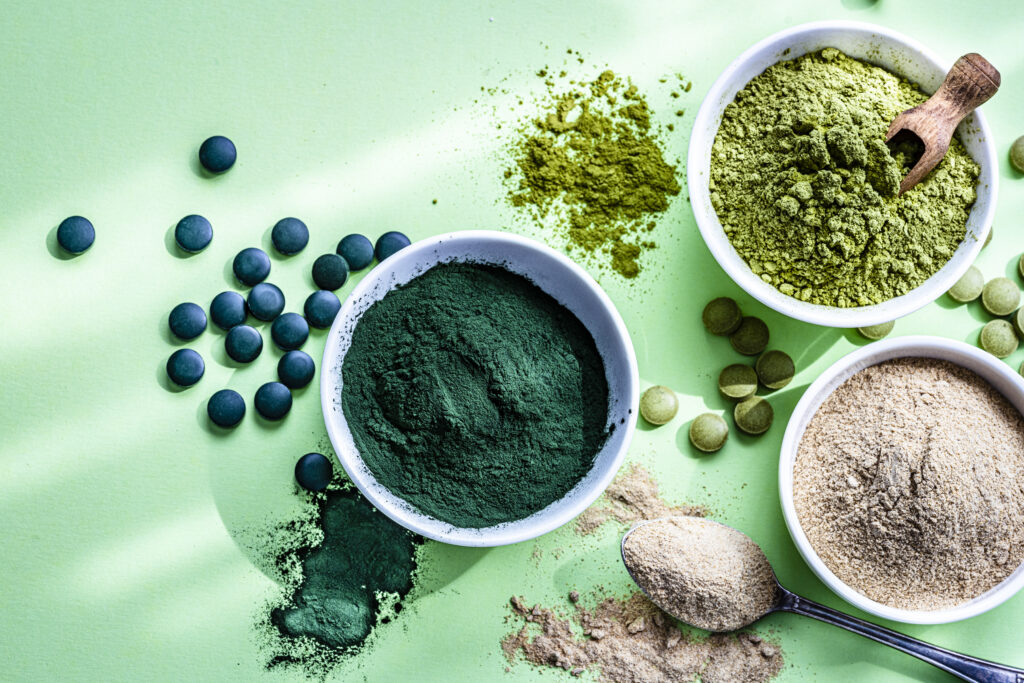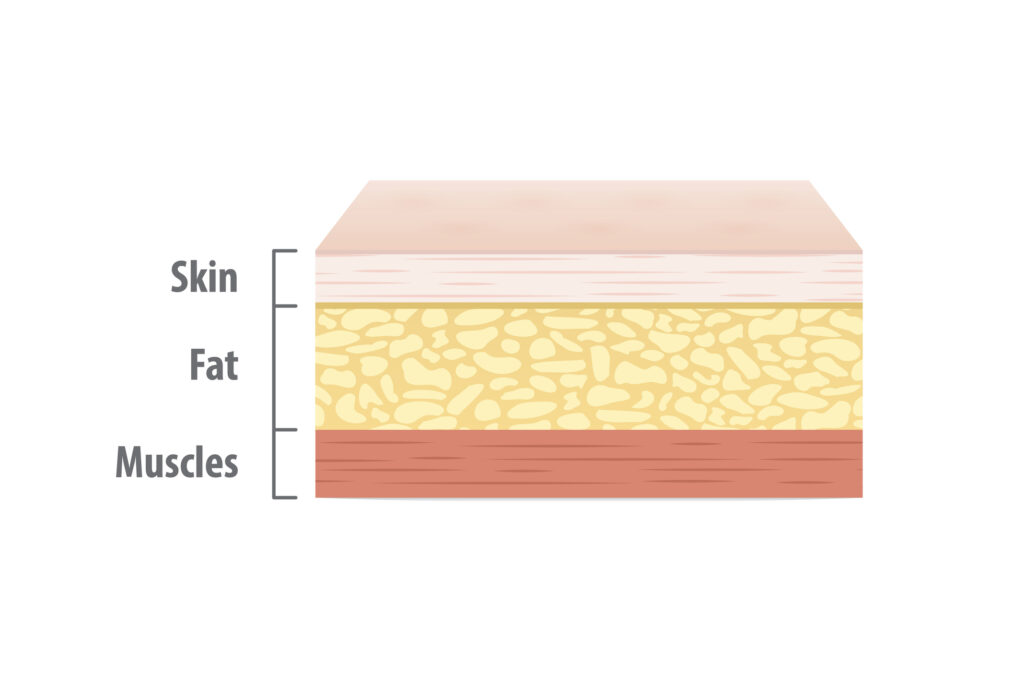The Benefits of Magnesium for Muscle Recovery and Sleep
Magnesium is an essential mineral that supports many bodily functions. It helps with muscle recovery, improves sleep, and boosts overall energy. Despite its importance, many people don’t get enough magnesium. In this article, we’ll explore how magnesium can benefit your muscle recovery and sleep, the different types of magnesium, and practical tips on supplementation.
Why Magnesium is Essential
Magnesium plays a key role in over 300 biochemical reactions in the body. It helps muscles relax and contract properly, supports energy production, and aids in recovery. Magnesium also calms the nervous system and improves sleep by regulating melatonin. Despite its importance, almost half of the U.S. population doesn’t get enough magnesium through diet alone.
How Magnesium Helps Muscle Recovery
Magnesium is essential for muscle relaxation. After a workout, muscles can become tight or cramp due to fatigue. Magnesium helps muscles relax by balancing calcium levels, which control muscle contraction. Without enough magnesium, your muscles may contract too much, leading to cramps or spasms.
Magnesium also helps reduce inflammation. After exercise, inflammation is part of the natural healing process, but too much can delay recovery. By lowering inflammation, magnesium helps speed up recovery and reduce soreness.
Studies show that athletes who take magnesium supplements experience less muscle soreness and recover faster .
How Magnesium Improves Sleep
Magnesium supports sleep by calming the nervous system. It increases the production of GABA, a neurotransmitter that helps you relax. This makes it easier to fall asleep and improves sleep quality. Magnesium also regulates melatonin, the hormone that controls your sleep-wake cycle .
For people who struggle with sleep, magnesium supplementation has been shown to improve sleep quality and duration. It’s a natural way to promote restful sleep without side effects.
Different Types of Magnesium
Not all magnesium supplements are the same. Each type offers different benefits. Here’s a quick guide:
- Magnesium Glycinate: This type is known for its calming effects. It’s great for reducing anxiety and improving sleep.
- Magnesium Citrate: Easily absorbed, magnesium citrate is often used to relieve constipation. However, it may cause digestive upset if taken in high doses.
- Magnesium Malate: This form helps boost energy and reduce muscle soreness. It’s ideal for muscle recovery.
- Magnesium L-Threonate: Known for its brain health benefits, this type can improve memory and cognitive function.
- Magnesium Oxide: This is the least absorbable form and is often used for treating indigestion or constipation.
Each type of magnesium serves a different purpose. Choose the one that matches your needs, whether it’s for sleep, muscle recovery, or digestive support.
When Should You Supplement?
If you experience any of the following symptoms, you might benefit from magnesium supplementation:
- Muscle cramps or spasms
- Difficulty falling or staying asleep
- Fatigue or low energy
- Anxiety or irritability
- Irregular heartbeat
Many people, including athletes, older adults, and pregnant women, are at higher risk for magnesium deficiency and may want to consider supplementation. I personally take this magnesium supplement regularly, especially to support muscle recovery and improve sleep quality when I can’t always get enough magnesium from my diet.
Magnesium supplements come in various forms—tablets, powders, and even topical sprays. I personally like to take magnesium glycinate at night to help me unwind and ensure a restful sleep. It’s one of the supplements I consistently rely on to keep my body functioning at its best, especially when my diet doesn’t always hit the mark.
How Much Magnesium Do You Need?
The Recommended Dietary Allowance (RDA) for magnesium is:
- 310-320 mg per day for adult women
- 400-420 mg per day for adult men
However, the RDA is the minimum amount needed to prevent deficiency. For optimal health, especially for athletes or active individuals, you may need more magnesium. Some studies suggest that 500-800 mg per day may be beneficial for those with high physical activity levels. This is because athletes lose more magnesium through sweat, which can lead to muscle cramps or slower recovery.
It’s always a good idea to consult with a healthcare provider to find the right dosage for your needs. Too much magnesium can cause digestive upset, so finding the right balance is important.
“Because magnesium is lost through sweat, athletes who engage in intense exercise or endurance activities (such as running, cycling, or strength training) may be at a higher risk of magnesium depletion.”
Final Thoughts
Magnesium is vital for muscle recovery, better sleep, and overall health. While I try to get enough magnesium through my diet, I often rely on supplements to fill the gaps. Whether you’re looking to improve your workout recovery or sleep quality, magnesium could be the missing piece in your routine.
Athletes, in particular, may benefit from higher doses of magnesium to support their active lifestyles. Consider adding more magnesium-rich foods to your diet, and if necessary, supplement with the right form of magnesium for your needs.
Love Always,
L. Lee
Resources:
1. Zastrow, M. L., et al. (2020). Magnesium and Muscle Recovery: Mechanisms and Efficacy. *Journal of Muscle Health & Research*.
2. Wienecke, M., et al. (2019). Magnesium and Sleep Regulation. *Current Opinion in Pharmacology*.
3. Jahnen-Dechent, W., & Ketteler, M. (2012). Magnesium Basics. *Clinical Kidney Journal*.
4. Barbagallo, M., & Dominguez, L. J. (2010). Magnesium and Aging. *Current Pharmaceutical Design*.
5. National Institutes of Health. (2021). Magnesium Fact Sheet for Health Professionals.





